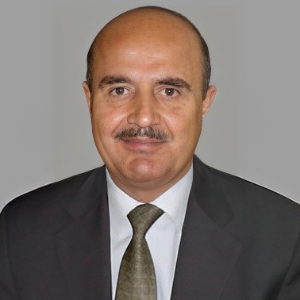Title : Soil bioremediation method using abelmoschus esculentus (OKRA) culture inoculated with fluorescent bacteria
Abstract:
Soil contamination with toxic metals has become a serious global problem, with the potential to impact human health via the food chain. One promising solution is phytoremediation, the use of plants to reduce the presence of hazardous substances in the environment. This study aims to identify microorganisms that can improve seed germination and plant development in contaminated soils. Okra seeds were inoculated with individual bacterial strains and selected bacterial consortia (multistrain inoculants) and analyzed the effects and tolerance of the seeds to certain copper sulfate solutions. The study found that inoculation with multistrain bacteria is an efficient technique to increase crop tolerance and enhance phytoremediation processes. Inoculation with individual Pseudomonas bacteria did not benefit seed germination, but when okra seeds were inoculated with multistrains, their seedling vigor and emergence significantly improved, particularly under stressful conditions. The study found that the positive effects of okra seed inoculation were most pronounced under stress, indicating the importance of using inoculants in contaminated soils. In addition, the study found that inoculation with multistrains promoted vegetal development, particularly in fresh and dry biomass of the root, root length, and root volume. The organic matter dose factor (vermicompost) had significant effects on the weight of fresh and dry biomass of fruit and aerial part, fruit length, and fruit width, variables related to the quantity and quality of the harvest. The research concludes that the selection of plant growth-promoting rhizobacteria and their inoculation through multistrains can generate favorable results in the field. This approach can increase crop tolerance to toxic metals, enhance phytoremediation processes, and improve the quantity and quality of the harvest. The study provides a promising avenue for combating the problem of soil contamination with toxic metals, which has the potential to impact human health and the environment.



